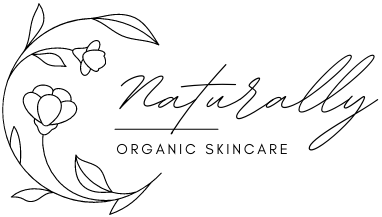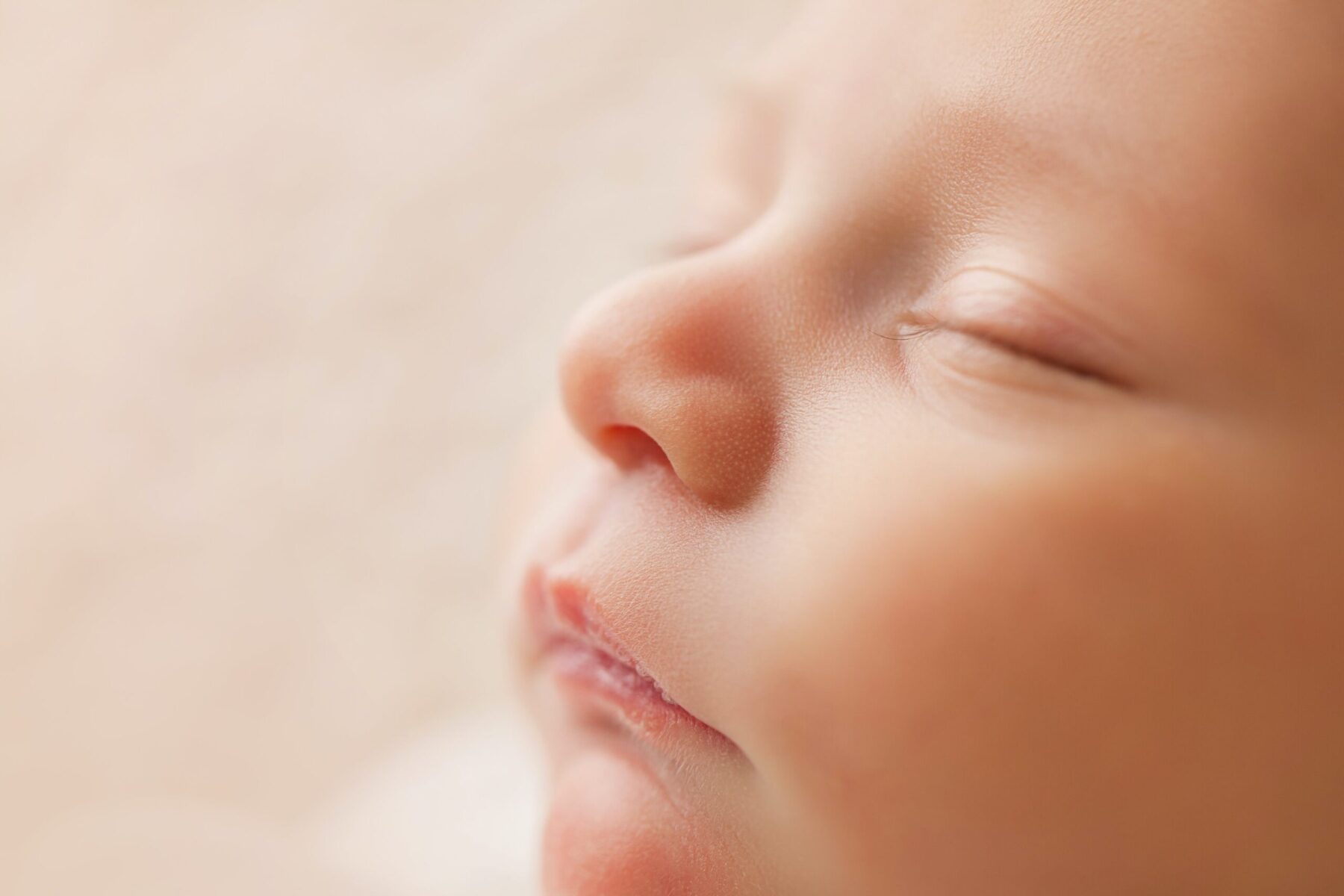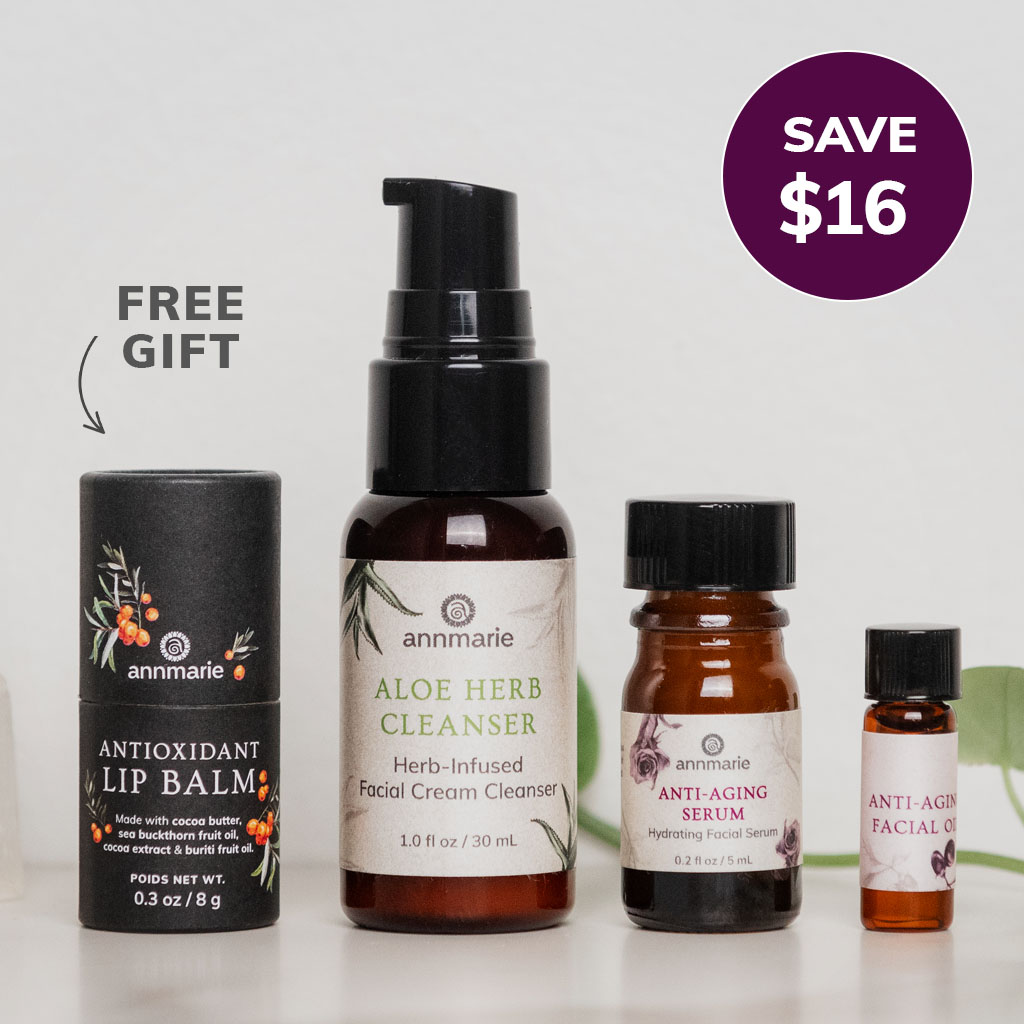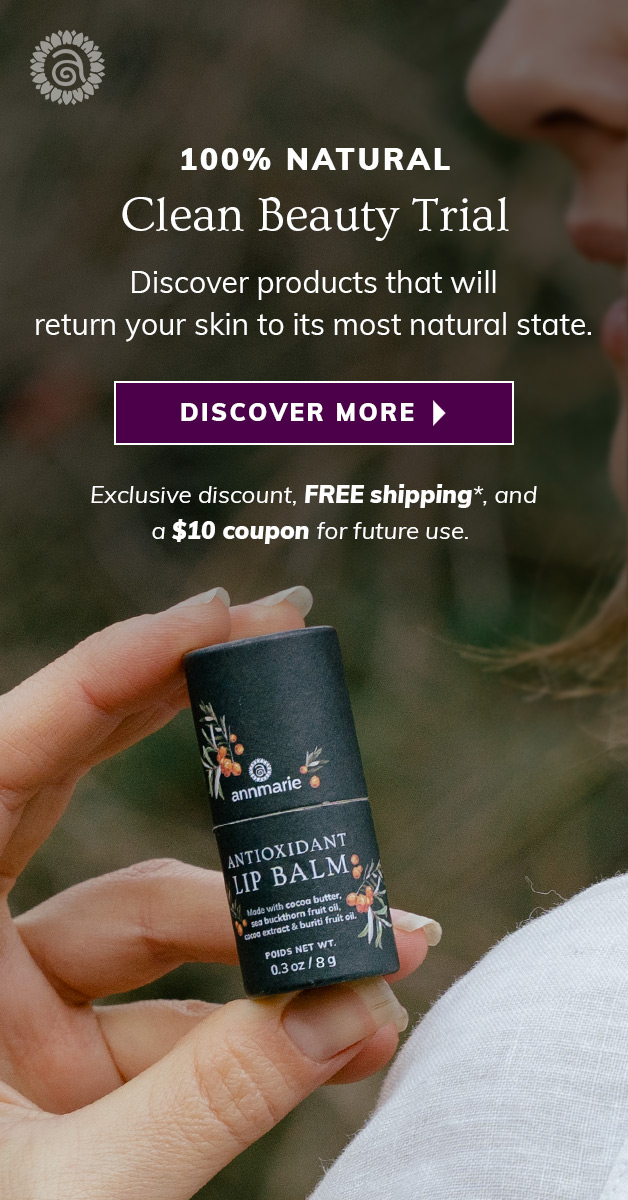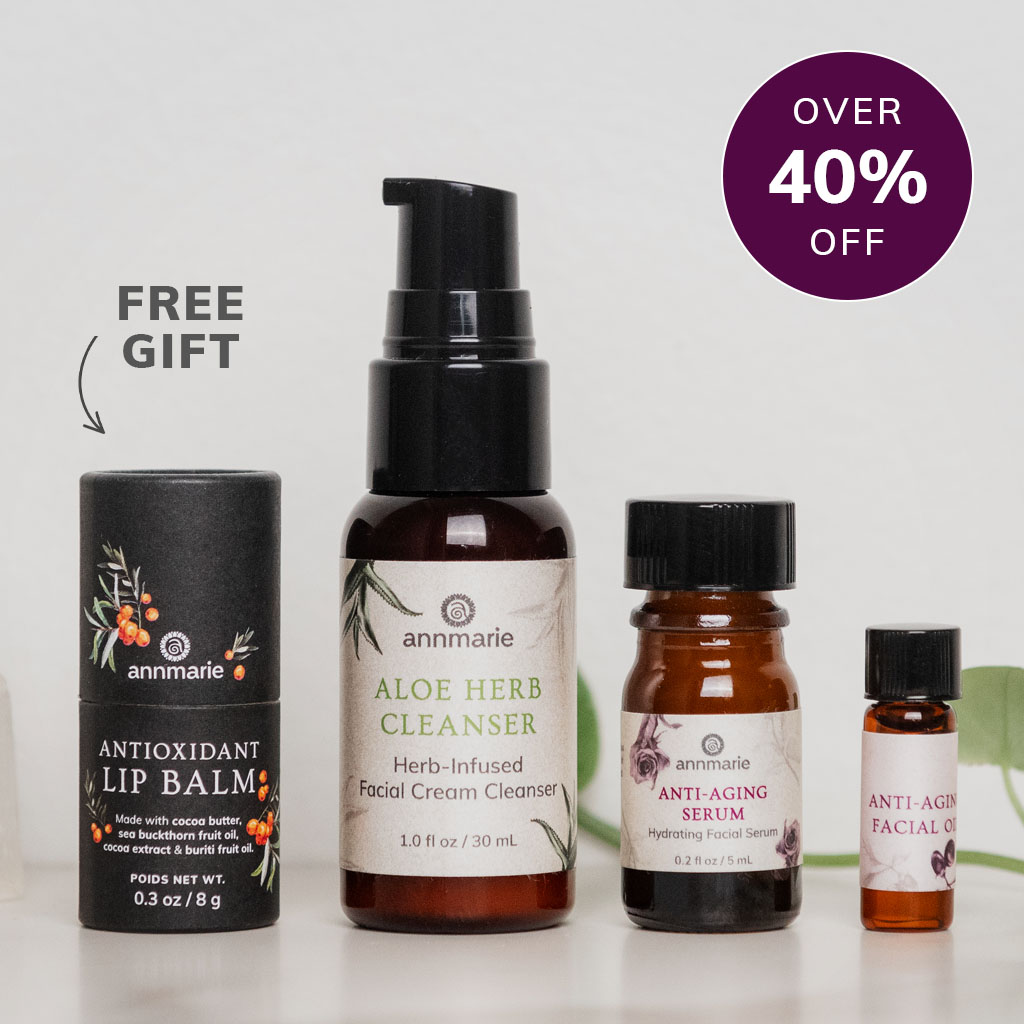Rightfully, you’re wondering whether cruelty-free baby products are safe to use. If they haven’t been tested on animals, how does the manufacturer exclude adverse reactions, after all?
I’m thrilled to tackle that question and alleviate any doubts you might have about baby care brands that do not test on animals.
Table of Contents
- Are cruelty-free baby products safe to use?
- Cruelty-free baby products for sensitive & reactive skin
- Can natural ingredients cause an allergic reaction?
- Patch Test
- Favorite Cruelty-Free Baby Products
- Conclusion
Being a bit of a hippie, I avoided regular baby brands. As it turns out, the ones that are less mainstream are also often plant-based, organic, and cruelty-free.
That last one was important to me as far as my own cosmetics were concerned. So when our tiny human pointed her little button-nose, the idea of supporting a brand involved in animal testing was also an absolute no-no.
Because you can never have too much diaper cream in the house, I even strayed on occasion and tried some regular brands. Yikes – this made me appreciate the natural kind even more.
Desitin is seriously the most overrated product for new parents. It did more harm than good, and I mean to our baby (!).
If you are on the fence about trying some less popular, natural baby products – you’ll quickly discover that they work so much better for your little one’s skin. And in this post, we’ll take a look at cruelty-free baby products and their safety.
Are cruelty-free baby products safe to use?
When something is entirely cruelty-free, it means neither the finished product nor the individual ingredients were tested on animals.
So how do cruelty-free companies go about ensuring the safety of their products?
8000+ Readily Available Cosmetic Ingredients
First off, something can be created with ingredients that are no longer tested on animals but have been in the past.
There are thousands of cosmetic ingredients, and many of those have at one point or another been tested on animals before they were declared safe for use by humans.
Using these ingredients in the formulation of new products does not require any present-day animal torture. There is a huge database of such substances that are basically up for grabs when cosmetic companies want to create something new.
(You might wonder why on earth animal testing still happens at all. In truth, I am wondering the same thing!)
Naturally Safe Ingredients
Secondly, there are many natural ingredients that do not need to be tested. Used by humans over the course of hundreds or thousands of years has basically functioned as a huge test case, and we know that they’re perfectly fine (individual allergies aside).
Cocoa butter, sweet almond oil, aloe vera, and Shea butter, are some of the most gentle essential oils, and there are many more. These natural plant oils and butters do not pose the same kind of issues synthetic substances potentially do, not being foreign and artificial.
One could argue that as long as natural ingredients have not been part of a scientific study, we don’t know that they’re safe for sure. But the thing is: there are lots of uncertainties even after animal testing, and none of the relatively short trials guarantee something to be completely safe either.
Mothers in Africa have been rubbing Shea butter on their kids for ages. Personally, I’ll take a natural substance with a long history of use by humans over a synthetic one that has been briefly tested (whether on humans or animals, but definitely when tested only on animals) at any time.
Cruelty-free baby products for sensitive & reactive skin
Cruelty-free baby products are not just better for animals.
Due to the natural ingredients used by these brands, they are also hugely popular among parents of little ones with sensitive skin and eczema.
This fan base among people and kids with sensitivities is not accidental. It is for good reason that natural products are often the only ones to bring relief.
Can natural ingredients cause an allergic reaction?
Natural ingredients are not guaranteed to never cause an allergic reaction for anyone. Neither are synthetic ingredients. Nothing really is.
Natural products are often a great choice for skin problems, and even more so in the case of a baby’s very sensitive skin issues. Still, just as certain people are allergic to natural food items (peanuts, apples, strawberries…) the same goes for skincare ingredients.
It is uncommon, but not impossible.
Patch Test
A patch test is recommended for all new skincare products – natural or not. Patch testing is a good practice for any new skincare products, whether for babies, kids, or adults, cruelty-free or not. It means to apply a little bit to a small part of the skin and wait 24 hours to see whether a reaction occurs, before starting full-on use of something.
I have to admit I don’t really patch-test anything for myself these days.
But with everything new for the baby, it seemed important to start with a little bit and rule out any allergies. Even though the ingredients used in natural, cruelty-free baby products are the most gentle there are.
Favorite Cruelty-Free Baby Products
Favorite Brands
- Natracare
- Earth mama organics
- Weleda
- Acure
- Dr. Bronner
- Petit Pai
- Little Aurelia
Simple ingredients, that work well on their own
- Cocoa butter
- Sweet almond oil
- Shea butter
Lovely Gift Sets
- Petit Pai
- Little Aurelia
- Earth mama organics
Cruelty-Free Baby Products: Editor’s Choices
For baby wipes, Natracare is my personal favorite, but there are many other cruelty-free options with gentle, non-toxic ingredients. Here’s a review of the best natural cruelty-free baby wipes.
Bottom balm by Earth mama organics has been excellent for preventing diaper rash.
Burt’s Bees zinc ointment is a million times better than Desitin at treating it. Whenever I spot a beginning diaper rash, I slap a very generous amount of the affected areas, and… poof, gone.
Calm bath by Weleda was gifted to us by a friend with a baby of the same age. The hope (and the joke behind the gift) was that it would help the baby sleep. It has to be said that her baby was already a good sleeper, and mine has always found sleep immensely overrated. Weleda did not do anything to improve the situation – except for the vapes of it relaxing me during bath time. It smells wonderful.
Acure organics 4 in 1 wash in mandarin vanilla smells dreamy and the foam is deliciously light and gentle. The bottle seems to have lasted forever – unfortunately, it looks as though Acure has discontinued this wash.
If you like foam, keep the bottle and try filling it with some Dr. Bronner soap (half, and half water). They make an unscented liquid castile soap that is meant for babies, and the Acure bottle turns it into super soft foam.
Conclusion
Having a baby involves heaps and heaps of new stuff. Ehhh… what can I say: we live in a materialistic society, and at certain times it’s harder than others to not get caught up in the constant avalanche of things we – supposedly – need.
When preparing for the arrival of a miniature human, shopping lists and pantry/wardrobe contents start looking a little differently. Even if you’re very good at restraining yourself and buying only what you really need. (And maybe just a couple of little extras…)
If you aren’t having a baby yourself, chances are you’re trying to find that super cute, uncommon, and hopefully somewhat useful present for someone who is. Don’t be the fifteenth person to come along with a set of Desitin and Johnson & Johnson head-to-toe wash. You can do better.
Why not welcome the little bundle of joy – someone else’s or your own – with some truly lovely, natural, and gentle skincare or bathing products?
P.S. Check out the Top 3 Natural Baby Gifts in Skincare: They’re Useful, Delicious, and Adorable for more gift ideas.
